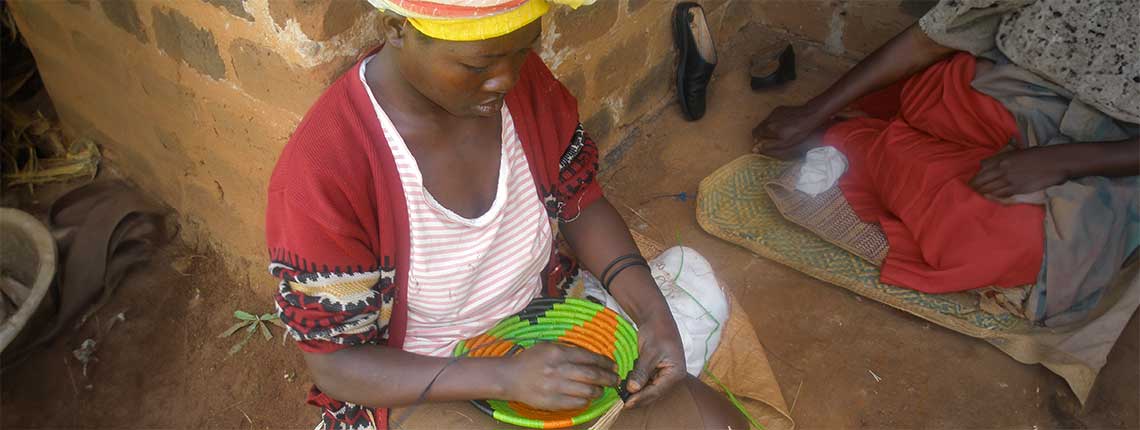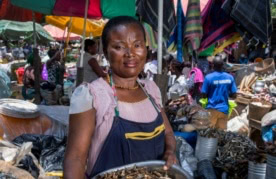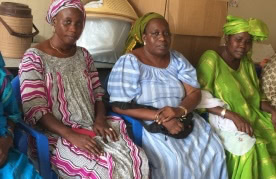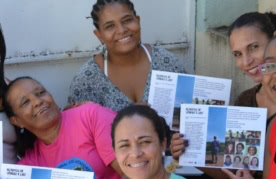By
Edwin Bett, WIEGO
African home-based workers are at the bottom of craft supply chains. Through an increased understanding of those supply chains they could overcome some of the challenges they are facing and improve their livelihoods.
Recent Posts
By
Ninety-two per cent of women’s employment in the developing world is in the informal economy, and as urbanization proceeds an increasing number of these workers are to be found in cities. As they work to support themselves and their families, they lack protection and sufficient incomes to leave poverty behind.
By
Ana Carolina Ogando
En cette Journée internationale de la femme, WIEGO lance une série d’un mois sur la vie des femmes travailleuses de l’économie informelle. Nous examinerons les défis auxquels elles sont confrontées en tant que femmes, mères, épouses et membres de communautés qui, en leur imposant une myriade de restrictions de divers ordres, limitent souvent leur capacité de gagner leur vie. Suivez-nous sur Twitter @wiegoglobal.
By
Ana Carolina Ogando
For International Women’s Day, WIEGO is launching a month-long series to dive into the lives of women working in the informal economy. We will explore the challenges they face as women, mothers, wives and members of communities who often place restrictions on their earning power in myriad ways. Follow us on Twitter @wiegoglobal.
By
Ana Carolina Ogando
Con motivo del Día Internacional de la Mujer, WIEGO va a presentar una serie de artículos durante este mes de marzo para profundizar en las vidas de las mujeres que trabajan en la economía informal. Vamos a explorar los desafíos que afrontan, como mujeres, madres, esposas y miembros de comunidades que a menudo les imponen infinidad de restricciones para generar ingresos.
By
Carlin Carr, Ana Carolina Ogando
Valdete Roza is a Brazilian waste picker and leader in her cooperative who is pioneering gender discussions with her colleagues across her city and country.




